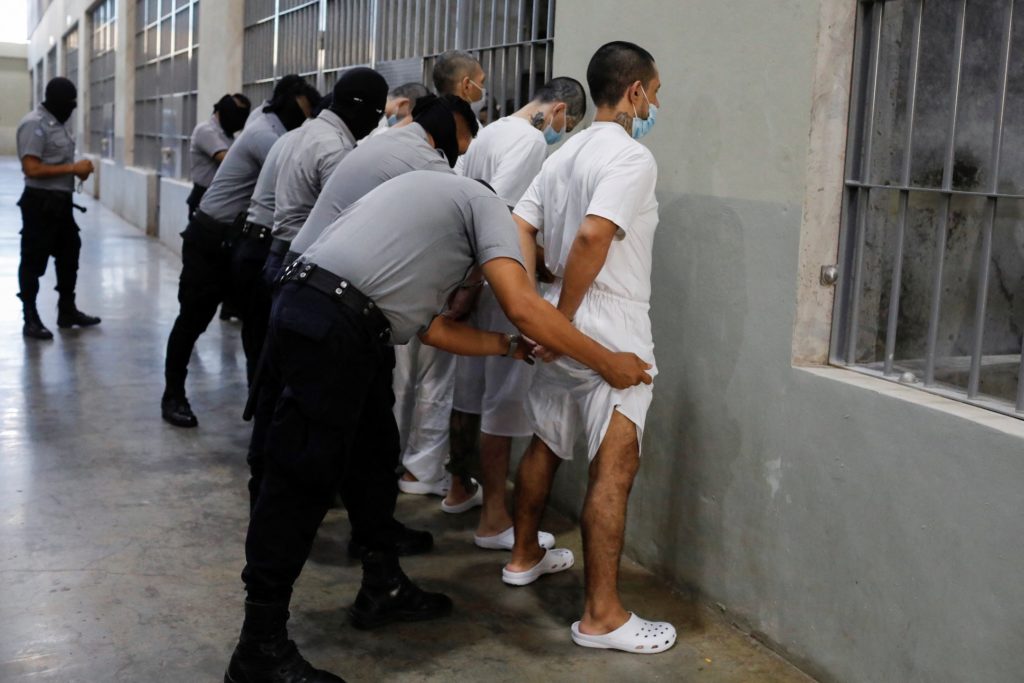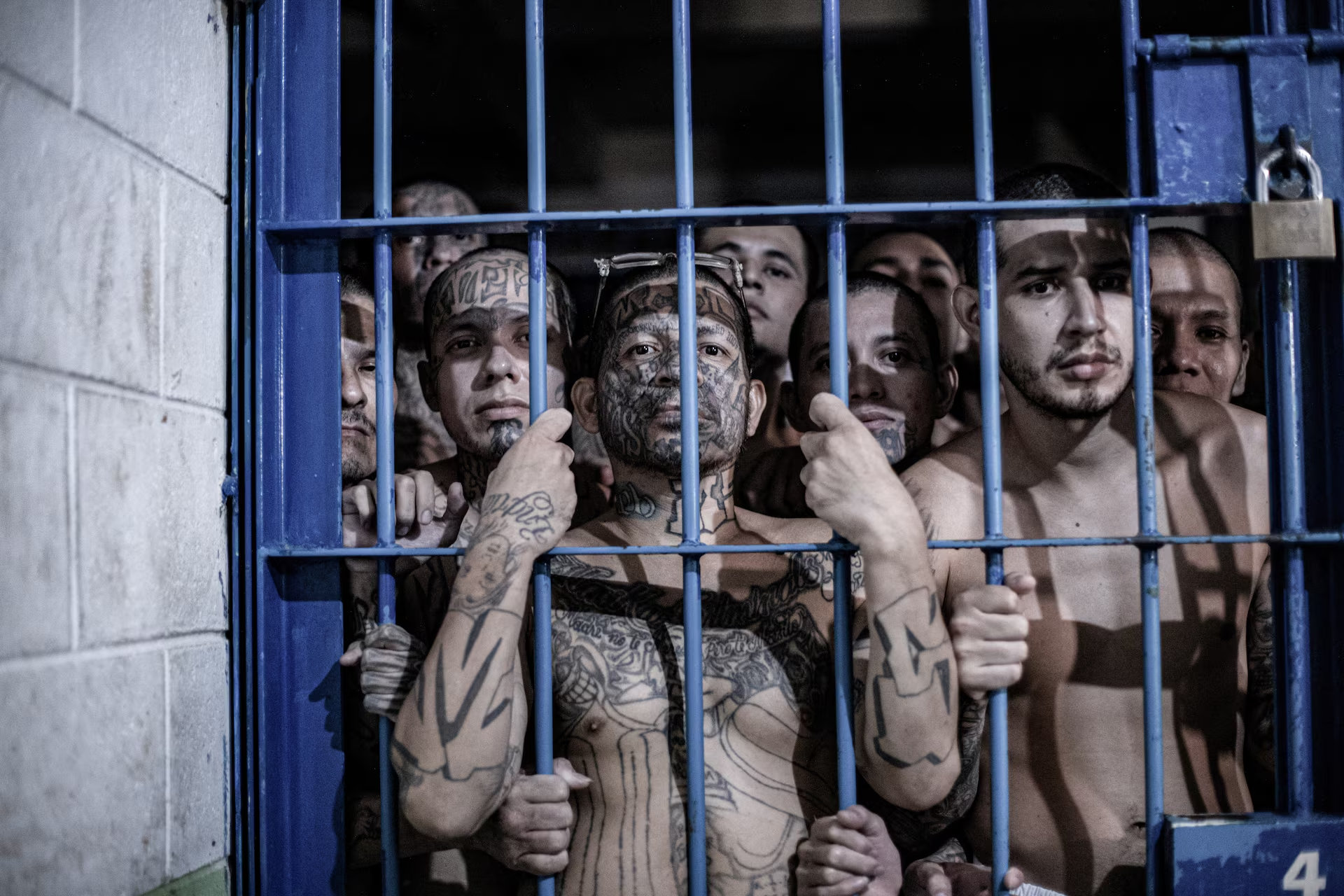The recent admission from the government of El Salvador that over 200 migrants sent to the CECOT mega-prison are under the control of the United States is a shocking revelation. This contradicts long-standing assertions by the Trump administration, which has maintained that these individuals fall solely under Salvadoran jurisdiction. The implications of this admission are profound, shedding light on the troubling intersection of immigration policy and human rights violations.
El Salvador"s Stance on Migrant Responsibility
In a report submitted to a United Nations working group, El Salvador unequivocally stated that the jurisdiction and legal responsibility for the deported migrants rest with the United States. This statement challenges the narrative constructed by President Trump and his officials, who have insisted that their hands are tied regarding the fate of these individuals. As reported by the Washington Post, Salvadoran officials emphasized their limited role as facilitators in a bilateral cooperation mechanism, asserting that the U.S. controls the outcomes of these deportations.
Legal Implications of the Alien Enemies Act
The Trump administration"s use of the Alien Enemies Act, an archaic law designed for wartime, raises significant ethical and legal questions regarding the deportation of these migrants. This act has been employed to justify the removal of alleged gang members, specifically from Venezuela, under the guise of protecting national security. However, the application of such a law on individuals lacking due process is a concerning violation of human rights, as noted by the United Nations.
\n\n
Conditions in the prison where deported migrants are held
Human Rights Violations in CECOT
The CECOT prison, notorious for its brutal conditions, has been criticized for its treatment of detainees. Reports from human rights organizations highlight severe overcrowding, inadequate medical care, and violence against inmates. According to AP News, the prison has become a symbol of the failures of both the U.S. and Salvadoran governments to protect human rights. The fact that the U.S. maintains control over the fate of these migrants while simultaneously denying them basic rights is a glaring contradiction that must be addressed.
ACLU"s Fight for Justice
The American Civil Liberties Union (ACLU) is actively challenging the Trump administration"s actions, arguing that the lack of due process for these migrants is not only unlawful but also inhumane. Lee Gelernt, an attorney for the ACLU, stated that the U.S. government"s failure to disclose information about these deportations to the courts and the families affected is a blatant disregard for justice. As reported by The New York Times, this legal battle underscores the urgent need for accountability in immigration practices.
\n\n
More than 2000 inmates transferred to "mega prison" in El …
The Broader Implications of U.S. Immigration Policy
This situation highlights the broader implications of U.S. immigration policy and its impact on vulnerable populations. By outsourcing the detention of migrants to foreign countries, the U.S. government attempts to circumvent its own legal obligations and moral responsibilities. This practice not only endangers the lives of those deported but also sends a chilling message to future migrants seeking refuge from violence and oppression.
The acknowledgment by El Salvador that the U.S. has control over these migrants should serve as a wake-up call. It raises essential questions about sovereignty, human rights, and the ethical implications of using international agreements to justify cruel practices. As the ACLU and other organizations continue to fight for justice, the need for systemic reform in the U.S. immigration system becomes increasingly urgent.

![[Video] Federal officers deploy sting balls and flash grenades at Whipple Building](/_next/image?url=%2Fapi%2Fimage%2Fthumbnails%2Fthumbnail-1768340555229-vhfcc-thumbnail.jpg&w=3840&q=75)
![[Video] Crowd-control weapons used in Minneapolis as anti-ICE protesters attack police vehicle](/_next/image?url=%2Fapi%2Fimage%2Fthumbnails%2Fthumbnail-1768336302231-akxf7s-thumbnail.jpg&w=3840&q=75)

![[Video] Protests erupt in Minneapolis after ICE detains teenager, multiple arrests made](/_next/image?url=%2Fapi%2Fimage%2Fthumbnails%2Fthumbnail-1768331835371-z9ylqg-thumbnail.jpg&w=3840&q=75)


![[Video] Gunfire between Iraqi security forces and Sadr militias in Baghdad](/_next/image?url=%2Fapi%2Fimage%2Fthumbnails%2Fthumbnail-1768343508874-4redb-thumbnail.jpg&w=3840&q=75)
